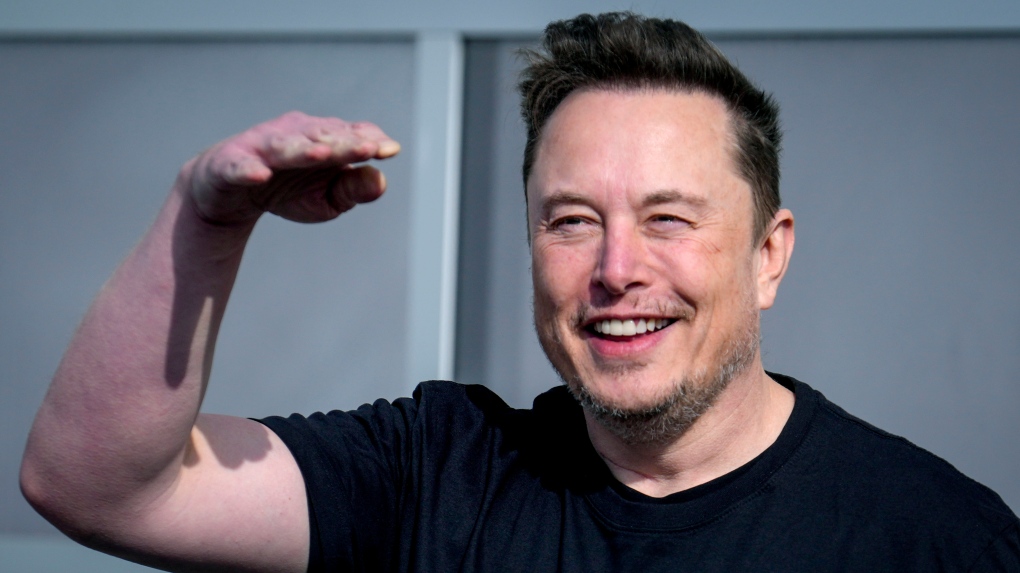A $2.14-billion federal loan for an Ottawa-based satellite operator has Canadian politicians arguing about whether American billionaire Elon Musk poses a national security risk.
The fight involves internet connectivity in remote regions as Canada tries to live up to its promise to connect every Canadian household to high-speed internet by 2030.
A week ago, the Liberal government announced the loan to Telesat, which is launching a constellation of low Earth orbit satellites that will be able to connect the most remote areas of the country to broadband internet.
Conservative MP Michael Barrett objected to the price tag, asking Musk in a social media post how much it would cost to provide his Starlink to every Canadian household that does not have high-speed access.



https://www.starlink.com/map
China/russia/middle east not allowing it, is not the same as not being available. Did you even check the coverage map before replying.
Astronomers complain about light bleed from ground cities as well. No one was telling them to shut down the cities.
Lol no just no… I dont know where you live but the majority of people in rural areas are not served, otherwise starlink would have never taken off and been sustainable. You think businesses just make products for a few people and break even?
Again this myth you keep spouting that the majority of the world has access is bullshit, and the idea that you’re basically telling people, well planes exist but you need to walk because you live to far from the airport is some classist bullshit.
So can you use it or is it not available then? And yes, I checked that map, where else do you think I got the list from??
People claim we should turn down city lights all the time! Under what rock have you been living? But for city light bleed, astronomers have an alternative solution, simply place the telescope somewhere not near the cities. And yes, whenever a city tends to grow near one of those telescopes astronomers do kick up a fuss about it.
If you fill LEO with thousands of sattelites, there’s nothing astronomers can do about that.
I don’t know where you live, Mars perhaps?
https://nl.m.wikipedia.org/wiki/Bestand:InternetPenetrationWorldMap.svg
Clearly shows most of the Earth has internet access. Or do you think the US has no rural areas? They’re still above 90% somehow. Oh wait, I know, they must be using those mythical internet-via-sattelite services that existed well before Starlink did! I wonder where you’d find a mythical creature like the Viasat-1 for example.
Starlink took off because they promise higher speeds than some ISPs and most other sattelite companies do at lower cost, not because they’re your only option. Starlink has 3 million customers, which makes them the size of a small ISP.
Except for the fact that the data backs me up.
Continuing your analogy, you propose demolishing the local university because people are entitled to fly to Ibiza, or their local supermarket. Or something, it’s not like it made much sense anyway.
You still completely failed to address the main point, that universal high-speed internet access is not critical for most of the world, certainly not for areas that have always managed perfectly fine without, and that filling up LEO is a disaster for astronomists that they don’t have a workaround for. If you’re not going to actually argue that point I think we’re done here.